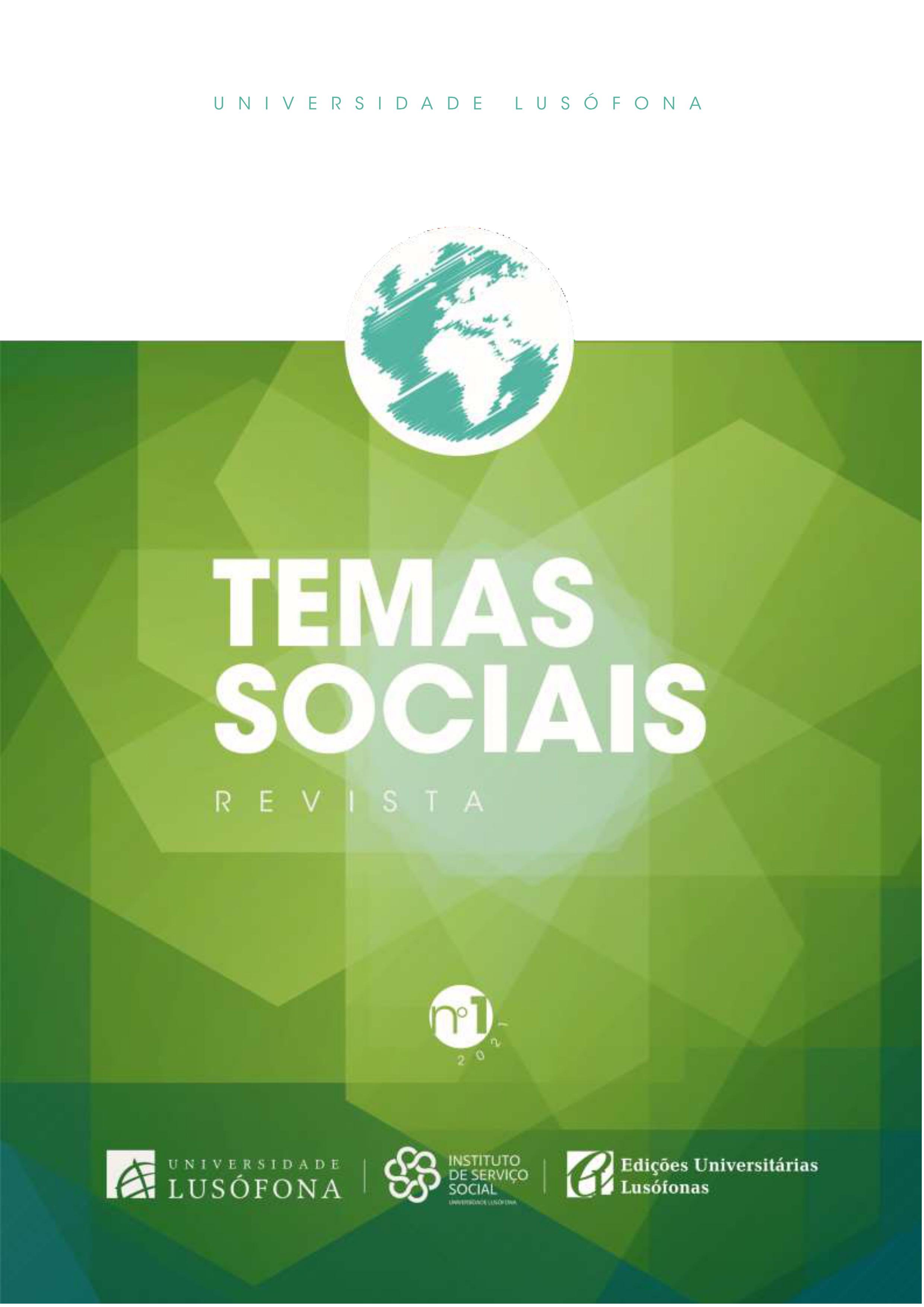Social work training for intervention in gender and sexual diversity
https://doi.org/10.53809/2021-01-TS-n.1-122-131
Abstract
National and international social service associations have been committed to protecting and preserving the rights of LGBTI people as they recognize the multiple oppressions they are related to. However, as schools of social service you need to provide training equipment on gender and sexuality, which contributes to the fact that social workers are not assigned to deal with and respond to the needs of LGBTI people. The present article therefore supports the need for social service schools to promote knowledge and develop specific skills for intervention with categories with gender identities and / or different sexual orientations, and present specifications that contribute to this educational training and professional qualification work
Downloads
Open Access Policy:
The Journal facilitates free, open and immediate access to its contents to foster the exchange of knowledge at a global level.
By submitting their work, the author(s) authorise the publication and dissemination of their work and are responsible for its content.
Code of Ethics:
The Journal is a digital tool that enables the dissemination of knowledge in a globalised society where technology, communication and information occupy a prominent place. The publication promotes equal opportunities facilitated by knowledge. To this end, the Journal is committed to the content it publishes, adopting a code of ethics based on the following principles:
1. The texts received must be original, by the author(s) alone and unpublished, i.e. they must not have been previously published, broadcast or sent to another publication.
2. Authors are responsible for requesting any authorisations necessary to publish their texts, with the respective reference to the sources consulted.
3. That organisation must authorise work funded by an organisation to disseminate the results.
4. the plagiarism detection tool in force will review all work received at Universidade Lusófona - Centro Universitário de Lisboa.
5. The articles received will be evaluated by two experts in the field, guaranteeing the anonymity of the author(s) and the evaluators.
6. Papers involving people as the research subject must obtain informed consent from all of them, with strict respect for the confidentiality of personal data and, if necessary, the decision of the Ethics Committee.
7. The list of authors should only include those who contributed intellectually to the work, i.e., who designed and carried out the research, wrote up and analysed the results and approved the final version of the text.



